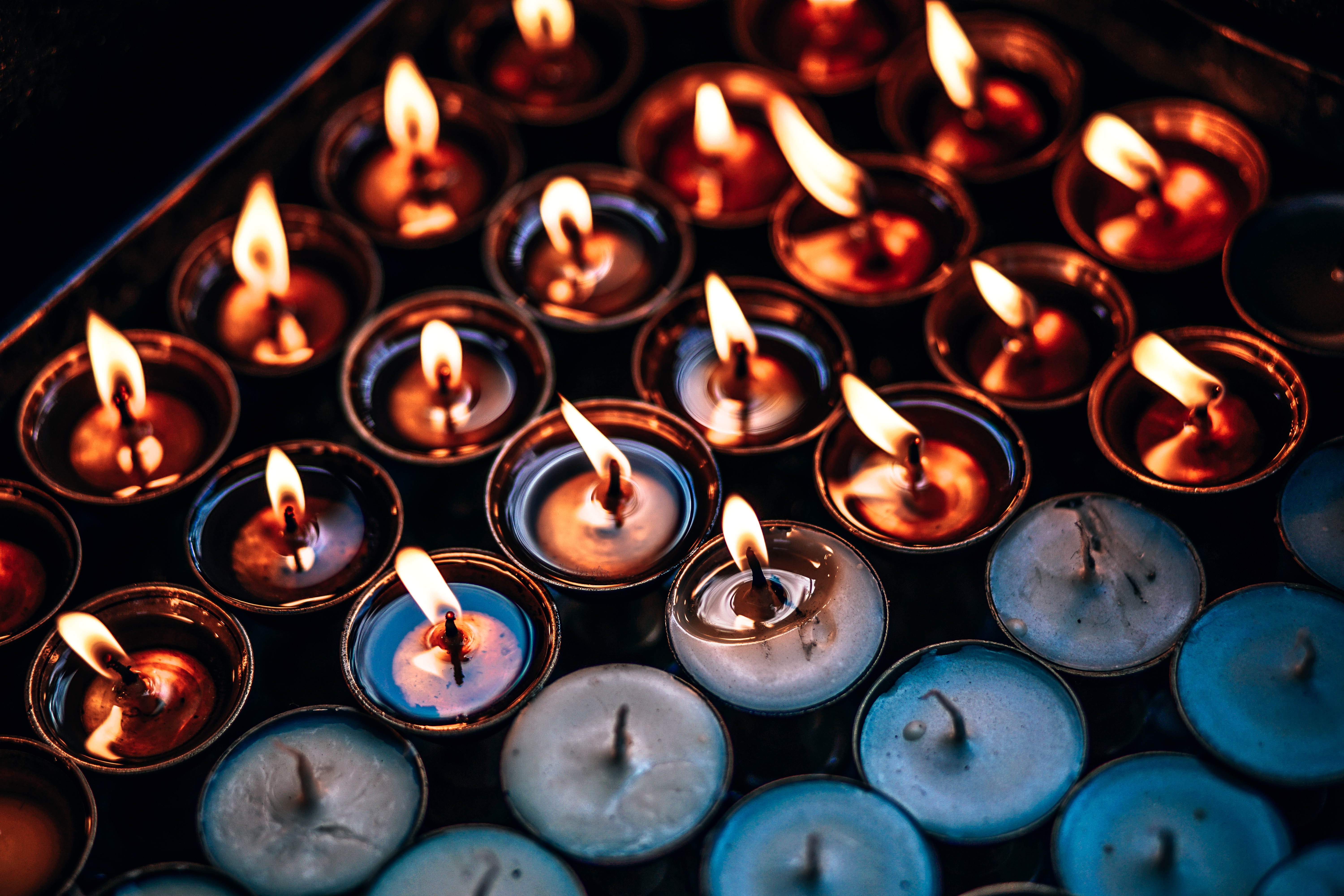No sooner had the shots rang out than the speculation began:
“…mentally unstable…”
“…psychologically disturbed…”
“…undiagnosed mental illness…”
The Las Vegas shooting on October 1st has raised many issues that immediately occupied the forefront of media coverage and debate:
Public safety. Gun control legislation. Political ideology.
And mental health.
In honor of World Mental Health Day, we share the reason mental health should not be our focus in the wake of the Las Vegas shootings… and 3 reasons it absolutely should be:
Speculation about the shooter’s mental health perpetuates stigma.
The impulse to speculate about the mental health of a violent criminal certainly is understandable. But it is an impulse we should resist.
Why?
Because such widespread speculation rarely produces clarity, and always creates confusion.
It stigmatizes, dehumanizes, and elevates existing risk for those living with mental illness. Did you know that individuals living with severe mental illness are significantly more likely to be a victim of violence than to perpetrate violence on others? (You’re not alone. Most people don’t.)
It spreads misinformation about emotional wellness in general and discourages help-seeking behavior in all of us.
The temptation to question and discuss the perpetrator’s mental status in cases like the Las Vegas shooting is common. It’s normal; it’s human.
But it also causes real harm.
So, our challenge as a society is to separate our judgments of violent acts from judgments about mental health in general.
What you can do:
- Educate yourself about mental health statistics
- Opt out of conversations centered around mental health speculation
- Check your language concerning perpetrators of violence (e.g., terms like “crazy”, “psycho”, “maniac”, etc. are rooted in a history of oppression within the mental illness community)
- Shift focus from speculation about the perpetrator to the needs of the victims
The Las Vegas shooting was a traumatic experience for survivors and witnesses.
In the days, weeks, and months following a traumatic event, a wide range of reactions (including no reaction) are possible.
This is true for direct survivors of trauma, as well as for witnesses, loved ones, and anyone else who may be affected by the event and its repercussions.
Reactions may include:
- sleep changes, such as nightmares or difficulty falling or staying asleep
- behavioral changes, such as agitation, irritability, hostility, hypervigilance (feeling constantly “on alert”), self-destructive behavior, or social isolation
- mood changes, such as guilt, loneliness, or loss of interest or enjoyment in activities
- other changes, such as heightened fear, mistrust, emotional detachment, or unwanted thoughts
What you can do:
- Know that it is normal to experience any (or none) of these reactions. We each have unique responses to stress, and much of what you’re noticing is your body’s own way of protecting itself.
- Trust that any distress you are feeling will subside.
- Remain connected to your support system (e.g., family, friends, colleagues, faith community). Resist the urge to isolate yourself.
- Take good care of yourself: Rest as much as you can, nourish your body, and be patient with yourself.
- Seek a therapist’s support and utilize emergency services (911) as needed.
The Las Vegas shooting raises issues of grief and loss.
In addition to the post-traumatic reactions that many experience, it also is common to feel a sense of grief and loss.
This can take the form of:
- Grief in response to the loss of a loved one.
- Grief in response to others’ loss (e.g., a friend or colleague’s loved one).
- Grief in response to a lost sense of security and safety. (For some, this may be the first event that triggers these feelings. For others, this event may be a painful reminder of past losses, or of ongoing traumas experienced everyday.)
What you can do:
- Be patient with yourself.
- Know that it is normal and healthy to experience grief.
- Talk with trusted friends and family.
- Take good care of yourself: Rest as much as you can, nourish your body, and be patient with yourself.
- Seek a therapist’s support.
The Las Vegas shooting highlights the need for community support.
Now, more than ever, we need the support of our collective communities.
If you are supporting a loved one following a traumatic experience, know that you can make a meaningful, positive impact during a challenging time.
Many of us worry that we won’t know what to say. Or that we will say the wrong thing. But rest assured: When it comes to supporting those we care about, the simplest acts are often the most powerful.
What you can do:
- Cultivate empathy: Think of a time when you were struggling; recall how you felt and what you needed.
- Share your genuine care and concern with your loved one. Even a simple statement (e.g., “I’m not sure what to say, I’m just so sorry you’re hurting”) can go a long way.
- Focus on listening vs. offering advice or stories of your own.
- Identify 1 or 2 specific, practical ways you can help (e.g., offer to assist with errands or childcare, help schedule appointments)
- Seek a therapist’s support to help you support your loved one
Enjoy this post? You might also like:
3 Myths about Emotional Wellness
3 Ways to Promote Emotional Wellness in Schools
How to Help a Loved One: Empathy
Ready to connect with a therapist for support?

